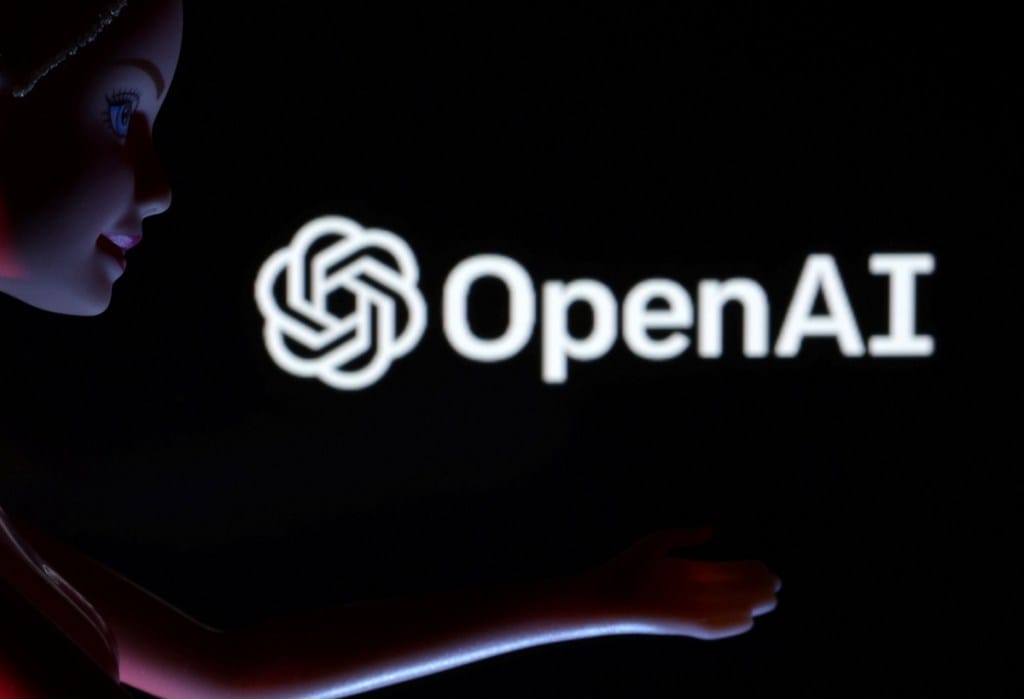Earlier this month, Sam Altman, the creator of ChatGPT and the CEO of OpenAI, was seen touring around the world. The emphasis of his visit was largely on artificial intelligence (AI). Altman visited India on June 9, where he met with Prime Minister Narendra Modi and the students of the Indraprastha Institute of Information Technology (IIIT) Delhi. The techie focused on the AI tools along with the need for global AI regulation.
Regulatory burden of EU’s AI Act
Meanwhile, OpenAI was seen lobbying around one of the most comprehensive AI legislations in the world, which is the E.U.’s AI Act. According to the documents that were obtained by TIME about OpenAI and the EU’s engagement, the former seeks to reduce the regulatory burden. OpenAI made several proposals for amendments, which were later included in the final law that was approved by the European Parliament on June 14. This will now proceed to the final round of negotiations. Reports suggest that the law will be finalised as soon as January.
Tracing back to 2022, OpenAI pointed out that the forthcoming AI law would place their general-purpose AI systems (GPAIs), which include GPT-3 and an image generator called Dall-E2, under “high risk.” This position would subject these services to stringent legal requirements, which include transparency, traceability, and human oversight.
Both Microsoft and Google had previously lobbied with EU officials to reduce the regulatory burden that may have significant implications for the services that they render. Both companies have put forward their contentions that such strict legal requirements must be applied to companies that are solely using AI for high-risk purposes. The companies seek to ensure that such regulations do not cover large companies that are set out to build GPAIs. OpenAI’s lobbying puts the company in line with the former two companies, which are in favour of loosening regulations.
As per reports, OpenAI, in a previously unpublished seven-page document that it sent to E.U. Commission and Council officials back in September 2022, said, “By itself, GPT-3 is not a high-risk system. But [it] possesses capabilities that can potentially be employed in high-risk use cases.” The paper was titled OpenAI White Paper on the European Union’s Artificial Intelligence Act.
However, when OpenAI was lobbying in Europe, the efforts were not reported, though recently the company has become more vocal about regulations and legislation. Last month, Sam Altman told reporters in London that the company could halt operations in Europe if it was unable to comply with the regulations. Altman claimed that he had “a lot” of criticism in regards to these regulations.
OpenAI’s lobbying results
Nevertheless, OpenAI’s lobbying efforts seem to be bearing fruit. The final draft of the Act seemed to contain different wording. Earlier, the Act was in-line with putting the GPAIs in the high-risk category. Instead, a smaller number of requirements, such as preventing the creation of unlawful content, disclosing whether a system was trained on copyrighted material, and performing risk assessments, were mandated by the agreed-upon law for providers of so-called “foundation models,” or powerful AI systems trained on vast amounts of data. According to a company spokesperson who spoke to TIME, OpenAI supported the Act’s tardy inclusion of “foundation models” as a distinct category.
But this apparent consensus has not yet been reached as of September 2022. OpenAI argued against a proposed change to the AI Act that would have labelled generative AI systems like ChatGPT and Dall-E as “high risk” if they produced text or images that could “falsely appear to a person to be human-generated and authentic.” This was stated in a section of the White Paper OpenAI shared with European officials at the time. In the White Paper, OpenAI advocated against the modification because it would “inadvertently” cause their models to be classified as high-risk.
According to OpenAI, it would be sufficient to rely on a different provision of the Act, which requires AI providers to adequately label AI-generated information and make it obvious to consumers that they are engaging with an AI system.
According to an anonymous source from the European Commission, OpenAI raised concern at that meeting about how this perceived overregulation would affect AI innovation. OpenAI claimed it was aware of the hazards associated with AI and was taking every precaution to reduce them. According to reports, OpenAI did not recommend any regulations that it thought should be in place.
Future of AI Act
OpenAI, in conversation with Time, said, “At the request of policymakers in the EU, in September 2022, we provided an overview of our approach to deploying systems like GPT-3 safely and commented on the then-draft of the [AI Act] based on that experience. Since then, the [AI Act] has evolved substantially, and we’ve spoken publicly about the technology’s advancing capabilities and adoption. We continue to engage with policymakers and support the EU’s goal of ensuring AI tools are built, deployed, and used safely now and in the future.”
Also Read: Did ChatGPT train on data from YouTube?
The AI Act of the EU has some time before it takes effect. In order to finalise the law’s provisions, including how and where it can be applied, the legislation will now be discussed among the European Council during a final “trilogue” stage. Final approval is anticipated by the end of this year, and implementation might take up to two years.







